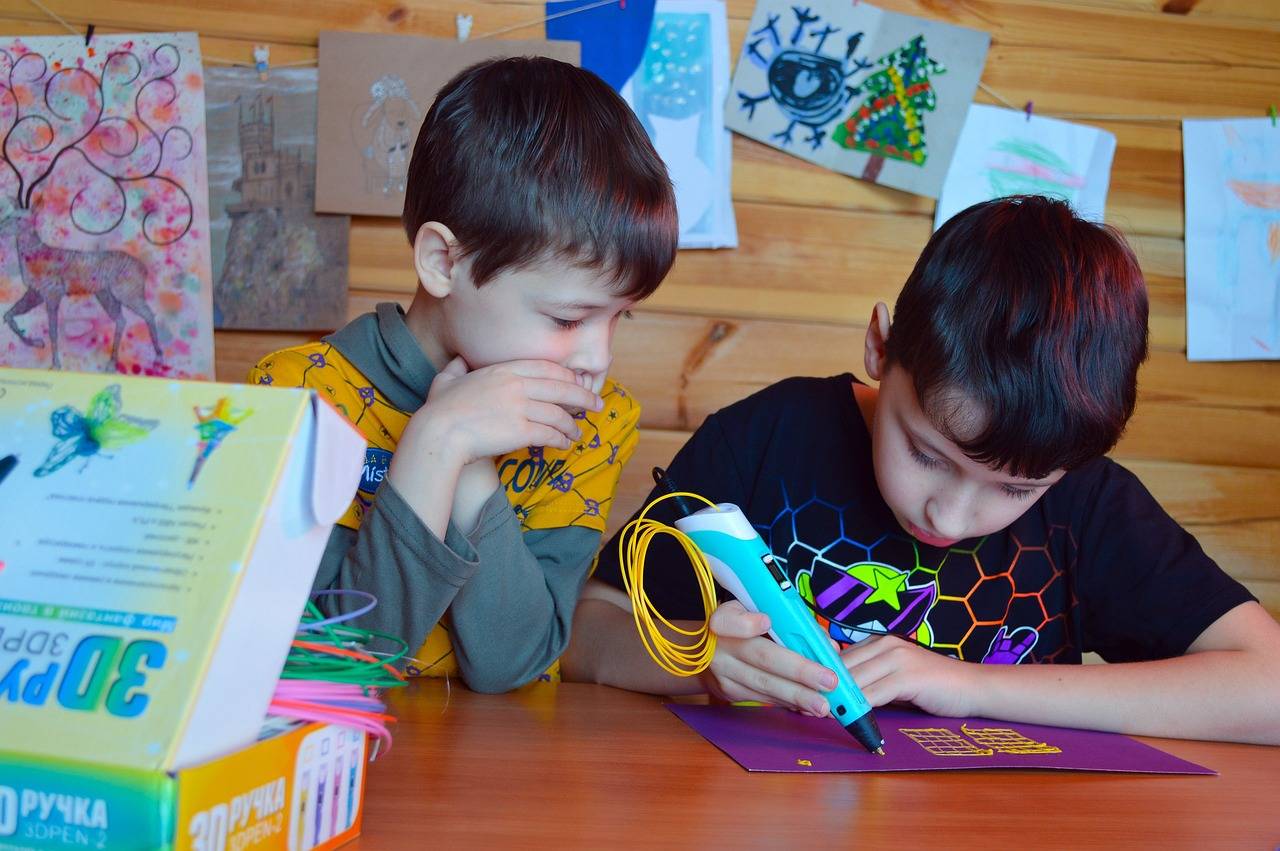Cultivating Global Citizenship Through Service Learning
Whether it’s navigating through cultural differences, understanding complex social issues, or grappling with the concept of privilege, global citizenship comes with a set of unique challenges. One of the primary obstacles is the need to constantly adapt to new environments, customs, and ways of thinking. This constant state of adjustment requires a high level of flexibility and open-mindedness to effectively engage with diverse communities and perspectives.
Furthermore, global citizens often face the challenge of reconciling their own values and beliefs with those of other cultures. This clash can lead to moments of discomfort, cognitive dissonance, and the need to question one’s own assumptions and biases. It requires a willingness to engage in difficult conversations, confront one’s own privilege, and actively seek to bridge the gap between different worldviews for true global understanding to emerge.
Benefits of Service Learning
Service learning offers students the opportunity to apply their knowledge and skills in real-world settings, fostering a deeper understanding of course content. Through service learning projects, students can gain practical experience while making a positive impact in their communities. This hands-on approach to learning not only enhances academic engagement but also cultivates a sense of responsibility and empathy towards others.
Moreover, service learning helps students develop valuable soft skills such as communication, problem-solving, and teamwork. By working on projects that address societal issues, students can enhance their ability to collaborate effectively with others and develop a sense of social responsibility. These transferable skills are instrumental in preparing students to become active and engaged global citizens who are equipped to navigate the complexities of an interconnected world.
Impact of Service Learning on Global Awareness
Service learning plays a vital role in broadening students’ perspectives and fostering a deeper understanding of global issues. By engaging in hands-on projects that address real-world challenges, students are able to see the interconnectedness of societies and the impact of their actions on a global scale. This experiential learning approach not only boosts students’ empathy and cultural sensitivity but also equips them with the necessary skills to become active global citizens.
Moreover, service learning encourages critical thinking and reflection, prompting students to question their own assumptions and biases. Through meaningful interactions with diverse communities, students are able to confront social injustices and develop a sense of responsibility towards tackling global issues. This transformative process not only enhances students’ awareness of different cultures and perspectives but also motivates them to take action towards creating positive change in the world.





